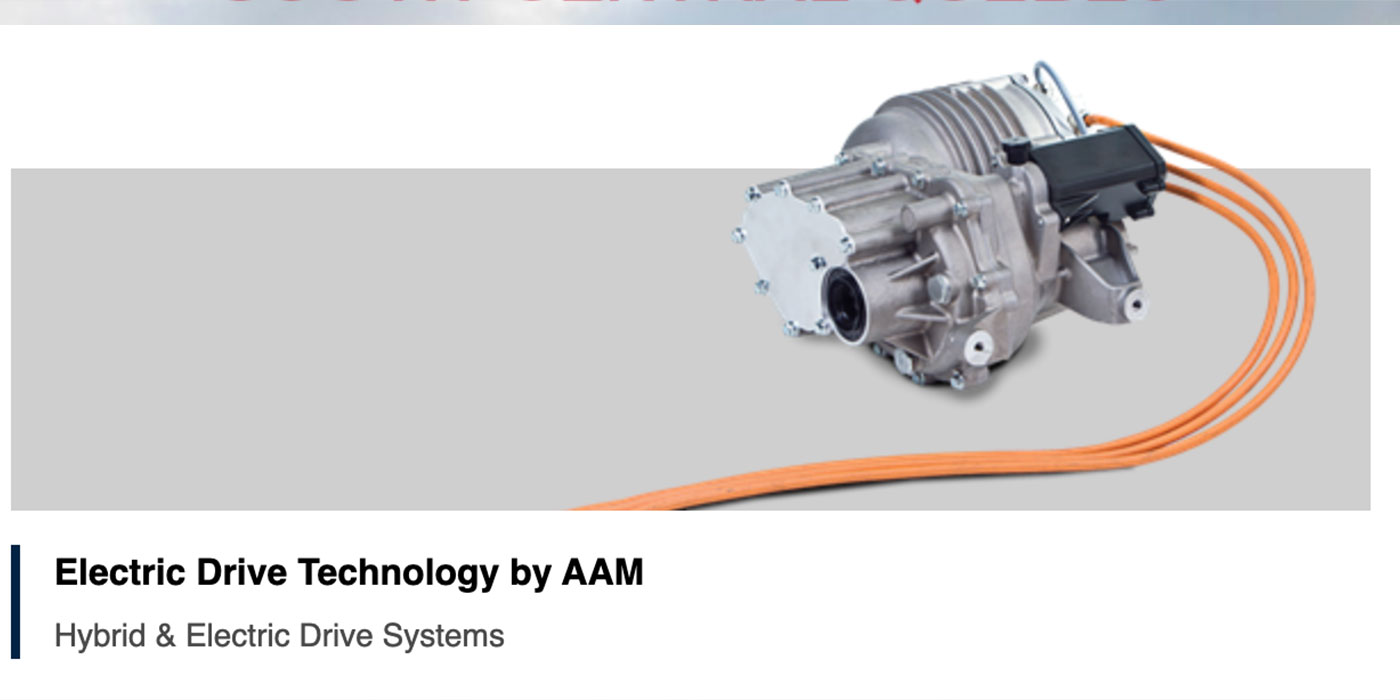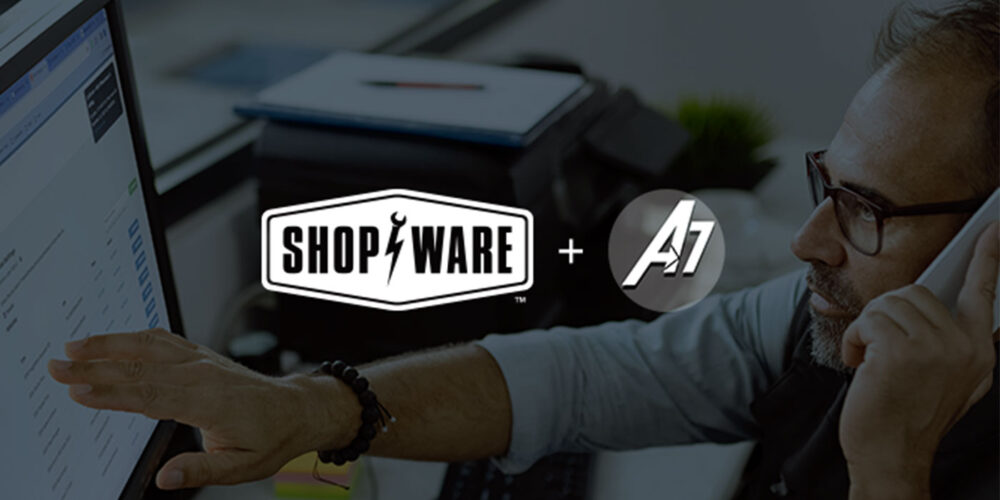From Grand Rapids Business Journal
GRAND RAPIDS — Not long ago, tool and die was a fiercely competitive and highly individualized industry, but in the wake of global competition and a growing demand among customers for cost cutting measures, an increasing number of companies are forming partnerships to remain competitive.
With the majority of the participating companies in or near West Michigan, The Center of Automotive Research (CAR) in Ann Arbor has led the formation of three groups in the recent past, including the American Body Coalition, the United States Tooling Coalition (USTC) and the United Tooling Coalition (UTC).
The UTC is the most recent launch of the three, ending its 18-month pilot in June with the implementation of a permanent program.
Conceived through a partnership between The Right Place Inc./MMTC-West and CAR, and funded in part by the Michigan Economic Development Corp., the UTC was designed to create a collaborative business model that would provide an ability to be more competitive against global markets.
“Due to globalization, the price of tooling is going down,” explained Pat Quinlan of Prestige Engineering in Lowell. “We as U.S. suppliers have to find ways to lower our costs in a time when all of our costs our going up.”
Worse yet, with Chinese and Korean tool and die imports rising 191 percent and 248 percent, respectively, in the last decade, U.S. firms find themselves competing on an uneven field.
According to the International Trade Commission, Chinese hourly rates for toolmakers are one-twelfth of those in the United States.
Moreover, rising insurance rates do not affect many overseas suppliers, which also may have an advantage in lead times, as most Asian factories operate 24 hours a day.
“We needed a way to develop a leaner company, to use workload balancing, and to work together as a sales force,” Quinlan said.
Jay Baron from CAR has, facilitated the group’s formation with The Right Place’s Michelle Cleveland.
According to Baron some UTC companies identified savings opportunities of as much as 35 percent through collaborative efforts of workload balancing; lean methods, functional build, product design, improved tool standards and joint purchasing power.
Quinlan has found the most value from the group in the sharing of best practices and training, with his company demonstrating a 10 percent increase in efficiency since joining the group.
Paragon Die & Engineering is one of the largest companies in the UTC, and according to Dave Muir – Paragon’s process and IT manager – the firm benefits largely from workload balancing.
“We’ve gotten quite a bit of work from other members looking to balance their loads, and vice versa,” he said. “Definitely a plus that we can avoid the bottlenecks. And if we need something, we know that we can trust them to quote us right.”
Paragon almost exclusively handles large die packages, but can now enjoy the luxury of accepting smaller packages, knowing that it can easily outsource to reliable collaborators.
The other Michigan members of the group are Accu-Mold (Portage), Autodie International (Grand Rapids), Enterprise Tool & Die (Grandville), Lansing Tool & Engineering, Master Precision (Greenville), Northland Tool (Traverse City), Northwest Tool & Die (Grand Rapids), Richard Tool & Die (New Hudson) and Schmald Tool & Die (Burton).
In July, the LTC accepted applications from seven more firms – DieMatic Tool and Die, Breakaway Engineering & Project Management, and Detail Techb9 nologies (all of Grand Rapids), Peterson jig and Fixture (Rockford), Miller Tool & Die (Jackson) and Trimline Tool and Die (Grandville). Each should become an active member soon.
As a group, the UTC has yet to land a bid, but the enlarged group is in the process of developing its own sales force, possibly independent of the member companies.
“We’re looking to develop our own customer base,”, Quinlan said. “There’s strength in numbers; as a group we can take on much larger projects.”
“Most of the companies in the UTC aren’t big enough to get an audience with the president of one of these large companies like a Tier I, ” Muir added.
Last year, Riviera enlisted 10 local firms to provide the support necessary to win a pair of Mercedes contracts: the Mercedes 251 and Mercedes-Benz M Class sport utility vehicle.
Riviera was also involved in the formation of the USTC, which began out of a desperate meeting three years ago to discuss the global threat.
Involving larger firms than the UTC, including Autodie and six other non-local firms, USTC functions in much the same way as the UFC.
“We’re making it up to some extent,” Riviera CEO Kenneth Rieth explained. “There’s a lot of excess capacity in the industry, and if each company tries to keep going in a full-service fashion the investment for everything it will only create bigger problems.
“The focus is to get larger tooling programs on a regional basis, whereby the participating companies can share the workload, balance out the bottlenecks and become more efficient as far as lead time and more efficient as far as cost.”
Although the two groups follow the same principles, the scale is slightly larger for the USTC. With its members scattered throughout Grand Rapids, Detroit and Cleveland, USTC focuses on Midwest industry. The UTC, on the other hand, is almost exclusively western Michigan.
The larger groups do have an added advantage at gaining the attention of large potential customers. But that same advantage can be found when approaching the public sector, as well.
“It’s a way to have a bigger voice in the political arena,” Muir said. “We’re trying to level the playing field, and if you have enough people talking about it, you can really start to get upstream.”
The UTC recently received a $250,000 state of Michigan grant for training. Another group that CAR helped to form has received a matching grant from the U.S. Department of Standards and Technology for just under $5.2 million to develop a functional build software application.
Riviera Tool and Autodie are also involved in that project.
“I find that as a result of the collaboration,” Rieth said. “I don’t think it would have even come to light if not for all these shops saying, ‘We’ve got to do more and we’ve got to change.”‘
UTC was originally meant to be entirely public-funded. But state cutbacks required member groups to invest nearly $12,000 each to participate. That price tag convinced several firms that were originally interested to back out of the group.
Copyright 2004 Grand Rapids Business Journal. via ProQuest Information and Learning Company; All Rights Reserved.
_______________________________________
Click here to view the rest of today’s headlines.













